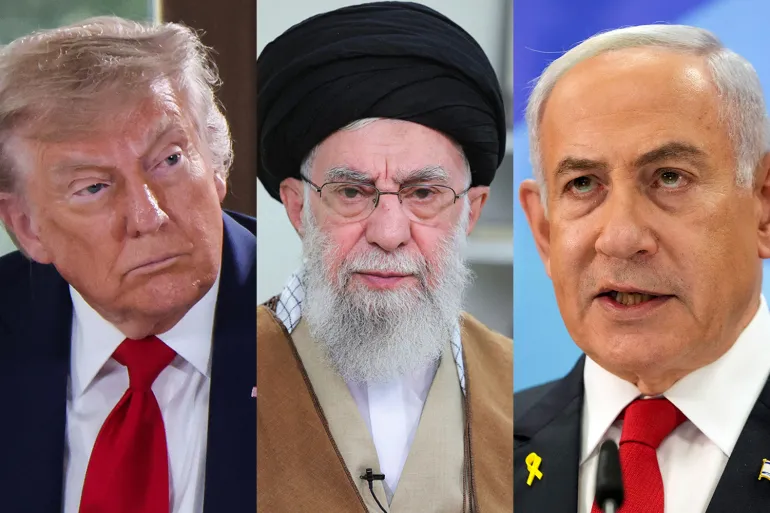President Donald Trump is expected to make a decision within the next two weeks on whether the United States will take direct military action against Iran, according to White House press secretary Karoline Leavitt. The announcement comes amid growing tensions in the Middle East, following Iran’s missile attacks on Israel and fears of wider regional escalation.
Delivering a message from the president at Thursday’s briefing, Leavitt said, “Based on the fact that there’s a substantial chance of negotiation that may or may not take place with Iran in the near future, I will make my decision whether or not to go in the next two weeks.”
While she declined to disclose details about the nature of communications with Iran, Leavitt confirmed that diplomatic correspondence “has continued,” leaving the door open for a potential negotiated settlement.
Any agreement, however, would require Iran to cease uranium enrichment and abandon any pathway to a nuclear weapon, she added.
Trump, speaking to reporters on Wednesday, remained ambiguous about possible strikes on Iran’s nuclear sites, stating, “I may do it, I may not do it. I mean, nobody knows what I’m going to do.”
He criticized Tehran for not engaging diplomatically before “all this death and destruction,” while also signaling that Iranian leaders are now more inclined to negotiate.
Trump has held daily meetings with his national security team in the Situation Room since Tuesday to assess options.
While some of his political allies, such as Representative Marjorie Taylor Greene, have advised against war—citing his longstanding stance on avoiding foreign entanglements—others like Senator Lindsey Graham are urging decisive military action, calling Iran a major threat to global security.
Leavitt emphasized that the president continues to prioritize diplomacy, adding, “The president hears all voices across the country, and he makes decisions based on his instincts. And he has always said diplomacy is his first option.”
As speculation mounts over Washington’s next move, Trump’s familiar “two-week” timeline—previously used regarding decisions on Ukraine and other foreign policy matters—has once again set the clock ticking on one of the most volatile crises of his presidency.













